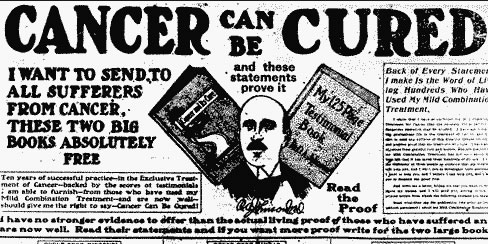In an ideal world (not the one we live in) science should be apolitical. In fact, it should be completely protected from political and other ideological influence. By this I mean the conduct of scientific research itself, so that the results are shielded from bias, conflicts of interest, and undue influence.
There are ways in which science and politics legitimately interact. If governments fund scientific research, then they have a right to set standards and dictate priorities for the research they fund. They don’t, however, have a right to dictate results, because then that perverts science into ideological pseudoscience. Priorities should also be broadly defined – what basic goal are you trying to achieve, such as finding cures for cancer. But they should avoid micromanaging the direction of scientific research, which optimally should follow the science itself.
The other legitimate interaction is that science should inform politics. It cannot determine politics, because politics also includes value judgements and priorities that are partly subjective. But scientific information can answer important questions helpful to setting political priorities or crafting specific solutions. Scientific research can also be used to determine how effective and efficient specific policies and programs are.
What we need to avoid, however, is a situation in which those with a vested interest are able to put their thumb on the scale, to create scientific research that serves their ends, rather than honestly pursuing the truth. When you work backwards from a desired result, that is not even science. That is pseudoscience.
But there is also a more subtle way in which political or corporate agendas can corrupt science – not by creating the scientific results they want, but by cherry picking those results. Science is complex and imperfect, so any big question in science is likely to contain research with results that are all over the place (just by chance alone). If you are able to cherry pick the results you want, without honestly looking at all the research based on quality alone, then again you can easily distort the scientific process to political will or vested interests.
This is a political battle that is going on right now – which science is admissible in terms of informing government policy? For example, in 2017 EPA director Scott Pruitt announced a new policy that would ban scientists from the EPA’s scientific advisory board if they received funding from the EPA. This was presented as a way to limit the perception of conflicts of interest.
However, in practice this was a way to exclude many academic scientists. If you are an environmental expert working in academia, chances are you have received some government funding. This would be the equivalent of banning medical scientists from government advisory boards who ever received funding from the NIH – so basically any qualified academic researcher.
The rule, however, made no mention of industry conflicts of interest. The result was to pack the scientific advisory panel with industry experts at the expense of independent academic experts – all under the pretext of quality control.
Similarly, you can craft rules to exclude specific scientific studies, again under the pretext of quality control, but designed to exclude studies more likely to be unfriendly to your political agenda. The EPA just announced a proposed rule to require scientists submit raw data for any studies they cite when informing government policy.
A new draft of the Environmental Protection Agency proposal, titled Strengthening Transparency in Regulatory Science, would require that scientists disclose all of their raw data, including confidential medical records, before the agency could consider an academic study’s conclusions. E.P.A. officials called the plan a step toward transparency and said the disclosure of raw data would allow conclusions to be verified independently.
Disclosure of raw data for independent analysis is a good thing, but it is being perverted here for political ends. The devil, as always, is in the details. What if a study that is the basis of EPA policy is 20 or 30 years old, and the raw data is no longer available? Now they have an excuse to roll back regulations based on those older studies. What if the study includes confidential personal medical data? There are rules for the use and disclosure of such information, and so you can manufacture a regulatory conflict that excludes legitimate studies from consideration.
This is all the regulatory equivalent of p-hacking – making necessary and legitimate decisions about how to conduct research, but with an eye on how it affects the data so as to massage the results toward statistical significance.
Transparence and quality control in the science used by government agencies to inform policy is a necessary and good thing, but if specific rules are crafted with an eye toward favoring industry and excluding independent experts, you can engineer a desired outcome. Even more sinister – if you goal is just to promote uncertainty and doubt, to paralyze regulatory efforts, then just keep raising the bar of quality control to exclude more and more legitimate science.
No scientific studies are pristine. No researcher is without any connections to either industry or government that can be spun into a potential conflict of interest (or the appearance of one). He works in a lab with another researcher who received funding from an organization that is partly funded by industry – COI!
Elizabeth Warren is now promising to fight back from the other side.
Any studies found to present conflicts of interest “will be excluded from the rulemaking process and will be inadmissible in any subsequent court challenges unless the research has passed rigorous, independent peer review,” Warren wrote.
Again, the devil is in the details. How will this policy be implemented? It can easily turn into an industry witch hunt that excludes legitimate research based on tenuous or perfectly innocent connections. And who will do the independent peer-review? That’s really the question.
I believe that Warren’s intentions are pure, but here is my concern. She is thinking this is a way to exclude research, for example, funded by the fossil fuel industry with the intention of muddying the waters on climate change to delay regulations.
But – the same rules can then be used to exclude research on GMOs because of industry connections and frustrate the approval of new crops. And how will this affect the pharmaceutical industry?
Even if Warren’s rules are used wisely, the apparatus is in place for the next administration who may have very different priorities.
The inherent dilemma is that we have government deciding how government will determine what science to use to form government policy. The process is just begging to be distorted for political ends.
What we need to do is craft an infrastructure of quality control for science that informs government policy that is as isolated and independent from undue political influence as possible. This can never be perfect, but it can be robust with sufficient checks and balances. We recognize the need, for example, for an independent judiciary that priorities justice over politics. We recognize the independence of the Fed to isolate monetary policy from politics. We also need to recognize the importance of independent scientific advice as insulated from political influence as possible. This should not be at the whim of the current administration, or easily weakened or perverted.
This can’t turn into a war between industry and academics. Both are needed, and good science has connections to both private and public funding. What we need is independent scientific advice that priorities objectivity and quality and is buffered from short-term political agendas.
 The latest controversy over Joe Rogan and Spotify is a symptom of a long-standing trend, exacerbated by social media but not caused by it. The problem is with the algorithms used by media outlets to determine what to include on their platform.
The latest controversy over Joe Rogan and Spotify is a symptom of a long-standing trend, exacerbated by social media but not caused by it. The problem is with the algorithms used by media outlets to determine what to include on their platform.
 I just watched the Netflix documentary, The Social Dilemma, and found it extremely interesting, if flawed. The show is about the inside operation of the big social media tech companies and the impact they are having on society. Like all documentaries – this one has a particular narrative, and that narrative is a choice made by the filmmakers. These narratives never reflect the full complexity of reality, and often drive the viewer to a certain conclusion. In short, you can never take them at face value and should try to understand them in a broader context.
I just watched the Netflix documentary, The Social Dilemma, and found it extremely interesting, if flawed. The show is about the inside operation of the big social media tech companies and the impact they are having on society. Like all documentaries – this one has a particular narrative, and that narrative is a choice made by the filmmakers. These narratives never reflect the full complexity of reality, and often drive the viewer to a certain conclusion. In short, you can never take them at face value and should try to understand them in a broader context.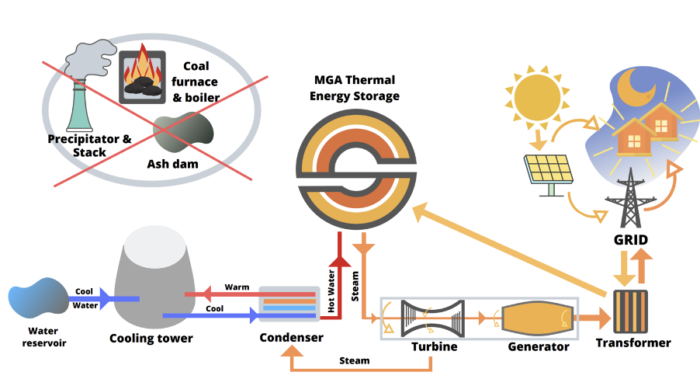 I was recently sent
I was recently sent 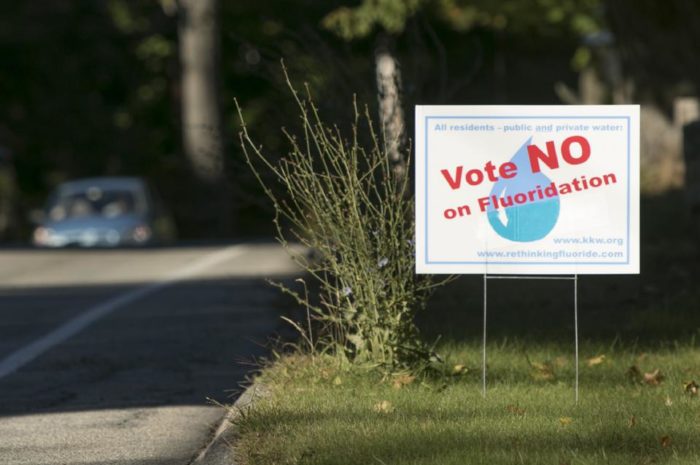 A recent commentary on Forbes advises:
A recent commentary on Forbes advises: 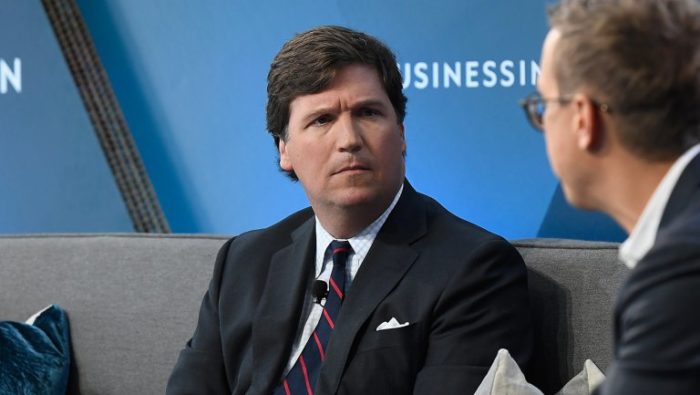 The line between news and commentary has arguably become more blurred in recent decades. This has implications for libel law, which also reflects the shifting media landscape.
The line between news and commentary has arguably become more blurred in recent decades. This has implications for libel law, which also reflects the shifting media landscape.  In journalism “burying the lede” means that the truly newsworthy part of a story is not mentioned until deep in the story, rather than up front where it belongs. I tried to find if there is a term that means the opposite – to take something that is not really part of the story and present it as if it the lede.
In journalism “burying the lede” means that the truly newsworthy part of a story is not mentioned until deep in the story, rather than up front where it belongs. I tried to find if there is a term that means the opposite – to take something that is not really part of the story and present it as if it the lede. 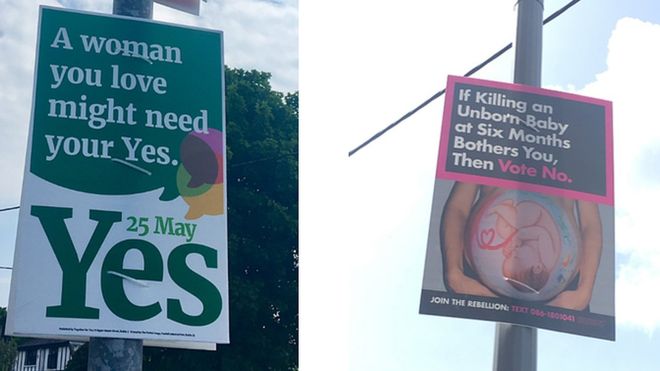 Here’s yet another reminder that our memories are reconstructed fabrications our brains use to reinforce existing narratives.
Here’s yet another reminder that our memories are reconstructed fabrications our brains use to reinforce existing narratives. Are we eating apples wrong?
Are we eating apples wrong? 